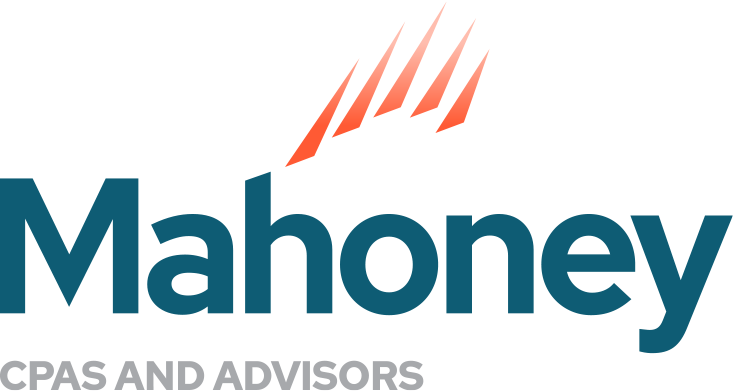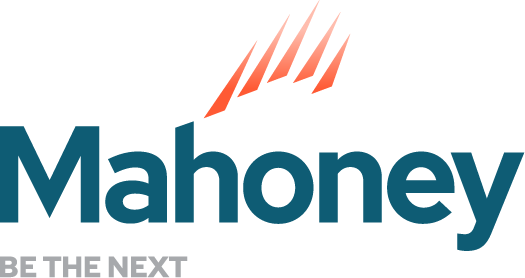
Real Estate Resources
Find resources here for commercial real estate, affordable housing and tax credit and incentive programs. We will add resources periodically, so check back to see what’s new.
Affordable Housing Resources
Real Estate Solutions Team Newsletter
December 2023
October 2023
July 2023
April 2023
December 2022
October 2022
July 2022
LOW INCOME HOUSING TAX CREDIT
Federal Resources:
Index of Applicable Federal Rates
IRS Audit Technique Guide
IRS 8823 Guide
Multifamily Housing Bonds – IRC Section 142(d)
IRS Publication – Tax Exempt Private Activity Bonds
State Resources
MN Housing Multifamily
Cost Certification Requirements
Housing Infrastructure Bond Guide
Housing Infrastructure Bond Term Sheet
Housing Tax Credit Extensions During COVID-19
Minnesota Suballocators:
Dakota County CDA
Washington County CDA
Financing Options – Washington County Community Development Agency (washingtoncountycda.org)
Saint Paul, MN
Low-Income Housing Tax Credits | Saint Paul, Minnesota (stpaul.gov)
City of Minneapolis
Housing Tax Credits RFP – City of Minneapolis (minneapolismn.gov)
Wisconsin
WHEDA
RENEWABLE ENERGY TAX CREDIT
45L Memo
Solar Memo
Inflation Reduction Act
Low-Income Communities Bonus Credit Program
HISTORIC TAX CREDIT
Federal Resources:
IRS FAQ
IRS Tax Tips
2012 IRS Safe Harbor
Part III (irs.gov)
National Park Service
Before You Apply—Technical Preservation Services, National Park Service (nps.gov)
Application Process, Historic Preservation Tax Incentives—Technical Preservation Services, National Park Service (nps.gov)
National Register of Historic Places
National Register Database and Research – National Register of Historic Places (U.S. National Park Service) (nps.gov)
MSSP – Rehabilitation Tax Credit
Rehabilitation ATG 2002.PDF (irs.gov)
Minnesota Historic Structure Rehabilitation Credit
Minnesota Historic Structure Rehabilitation Tax Credit / Minnesota State Historic Preservation Office (mn.gov)
MN Historic Structure Rehabilitation Tax Credit Sunset Notifications / Minnesota State Historic Preservation Office
Other Resources
Cost Segregation Audit Techniques Guide – Table of Contents | Internal Revenue Service (irs.gov
Minnesota Designated Census Tracts
Designated Census Tracts for Opportunity Zones / Minnesota Department of Employment and Economic Development (mn.gov)
Low Income Housing Tax Credit Frequently Asked Questions
| INCLUDE | EXCLUDE |
| Building Acquisition | Land |
| Construction Costs | Soil Remediation |
| Permits & Fees | Tax Credit Application Fees |
| SAC/WAC | Reserves |
| Amortization of Construction Financing Fees (origination, appraisal, legal) | Permanent Financing Expenses |
| Construction period Interest, Property Taxes & Insurance | Demolition & Relocation Cost Related to Demo’d Building |
| Architectural & Engineering | Organizational Expense |
| Performance Bond | Syndication Costs (legal, audit, consultant, etc.) |
| Furnishings | Off-site Improvements |
| Environment Abatement | Cost for Non-Residential |
| Developer Fee | Marketing |
| Construction related Consulting | Consulting related to financing, tax credit application, etc. |
No. Finance fees are amortizable assets which include construction and permanent loan origination fees, legal fees, application fees, etc. and are amortized over the respective terms of each loan. The amortization of these finance fees during the construction period can be capitalized to the building under Section 263(a). This capitalized amortization is what can be included in eligible basis.
The credit period is the 10 year period during which the investor receives annual tax credits to offset tax liabilities. The first year of the credit period is the Disallowed 1st year credit is allowed in 11th year.
The compliance period is a minimum 15-year period during which the project has to meet the low-income housing requirements in order to avoid any recapture of tax credits. The compliance period begins January first of the first year of the credit period.
The extended use period is a commitment to extend the low income housing requirements for a minimum of 15 years beyond the compliance period (for a total of 30 years). State agencies have sole discretion on how long extended use period should be.
A Section 168(h) election allows a tax-exempt controlled corporation to elect out of the tax-exempt use property rules as they apply to partnerships. The election allows a partnership with a tax-exempt controlled corporation to be eligible for bonus depreciation on land improvements and personal property and accelerated depreciation on the building assets.
When a Section 168(h) election is made, any gain recognized on the disposition by the tax-exempt entity, of its interest in the tax exempt controlled corporation or any dividend or interest received by the tax exempt entity or the tax exempt controlled corporation related to this investment will be treated as unrelated business taxable income.
A blocker corporation is a corporation that is controlled by a tax-exempt entity that utilizes the Section 168(h) election to prevent property from tax exempt use rules. This typically applies to a low-income housing tax credit transaction, when the General Partner is an LLC controlled by a tax-exempt entity. The LLC must file IRS Form 8832 electing to be treated as a taxable corporation.
Exit taxes are the federal and state income taxes payable at the end of a real estate investment. Exit taxes are typically triggered by the sale of the partnership property for a gain or the sale/transfer of your interest in a real estate partnership for a gain.
A purchase option agreement is an option allowing the general partner to acquire the property or to purchase the entire limited partnership for a specified price. The option price to acquire the property in a low income housing tax credit project is typically the greater debt plus exit taxes or the FMV of the property and the option to purchase the entire limited partnership interest is typically the FMV of the partnership interest. The purchase option is typically available following the credit period.
A right of first refusal is a right granted by the owner to tenants (in co-op form or otherwise), resident management corporations, qualified nonprofit organizations, or government agencies. The low-income housing tax credit program offers nonprofit general partners a Right of First Refusal (ROFR) under Internal Revenue Code Section 42(i)(7). The provision allows nonprofit general partners to obtain ownership of the property at a minimum purchase price equivalent to the outstanding debt plus exit taxes.
A put option is a contractual obligation that a partner (typically the investor) has to require another partner (typically the general partner) to purchase their interest in the partnership for a specified price. The put is a mechanism the investor can utilize to exit the partnership. The put option is usually available for a limited time period.
A Qualified Contract as defined in Section 42 is a bona fide contract to acquire (within a reasonable period after the contract is entered into) the nonlow-income portion of the building for fair market value and the low-income portion of the building for an amount not less than the applicable fraction of the sum of the (I)outstanding indebtedness secured by the building, (II) the adjusted investor equity in the building and (III) other capital contributions less cash distribution from the property.
It is one of two ways to terminate the extended use agreement.
An owner can submit a written request to the housing credit agency to find a buyer under the Qualified Contract. If the housing credit agency does not find a buyer for the property at the Qualified Contract Price within a 1 year period, the extended use agreement terminates.
After the extended use period terminates, there is a 3-year period where rents cannot be increased beyond the section 42 limits.
The 50% test is required for every project that receives 4% credits by financing acquisition and construction costs with volume cap tax-exempt bonds. The test is to verify that 50% or more of the tax-exempt bond proceeds are used to finance the aggregate basis of any building and the land on which the building is located. Failure to meet the 50% test is catastrophic to a low-income housing tax credit project.
Also called 95% test or 95/5 test. 95% of the volume cap tax-exempt bonds must be used to pay for good costs. Good costs include land, building, construction or building improvements, common space, parking facilities, and other depreciable costs paid or incurred after the date of the inducement resolution. Bad costs include, but not limited to, cost of issuance, credit enhancement, syndication costs, cash reserves, tax credit fees, post construction interest, and certain payments to related parties.
ADDRESS
10 River Park Plaza, Suite 800
Saint Paul, MN 55107
(651) 227.6695
Fax: (651) 227.9796
info@mahoneycpa.com
© 2024 Mahoney | Privacy Policy
Mahoney Ulbrich Christiansen & Russ, PA


